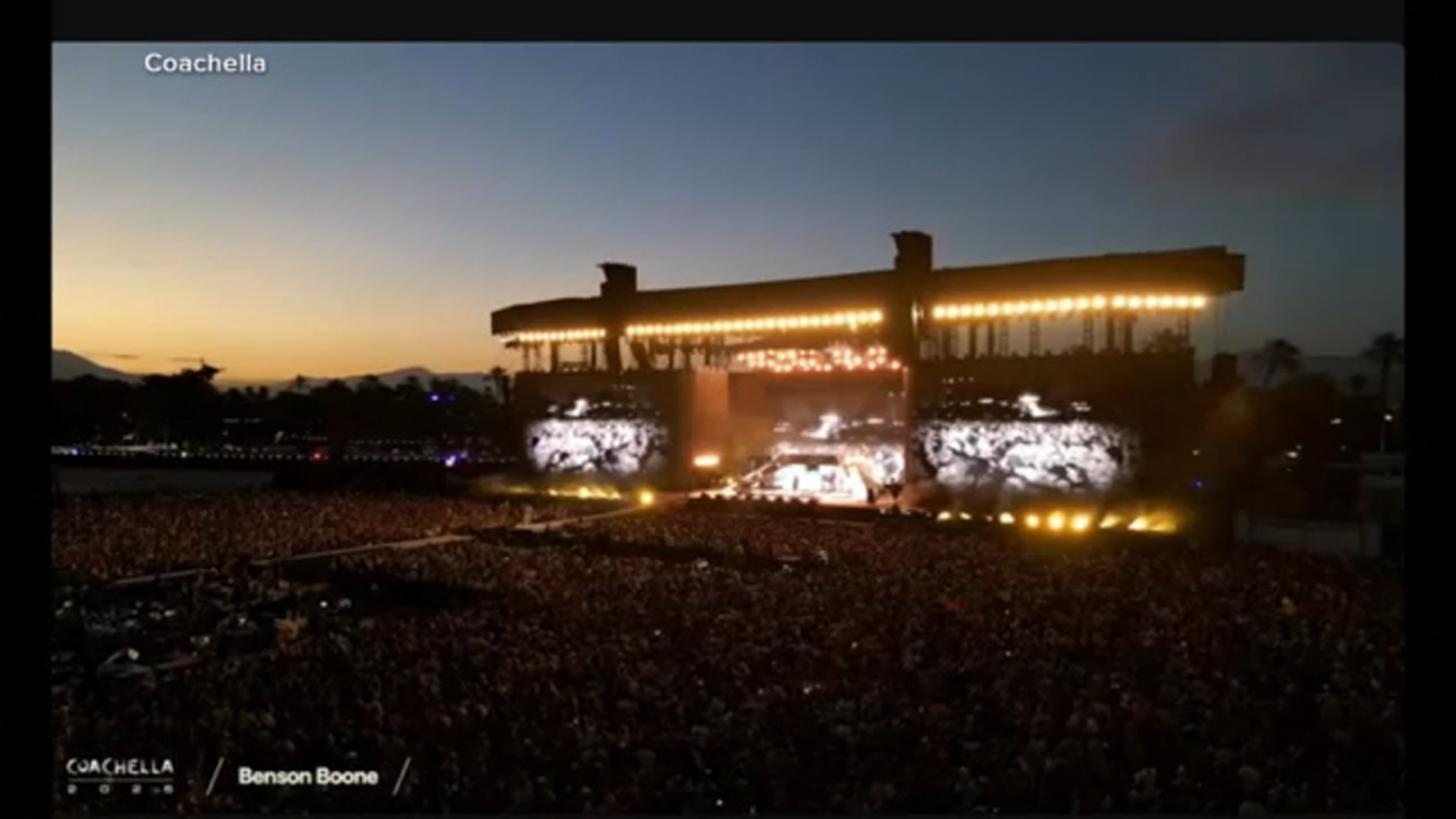'Physically shaking, not able to breathe': Firefighters experiencing exhaustion and shock on the front lines


Firefighters have had little to no rest for the past month as they battle fires up and down the West Coast. The physical and mental exhaustion is beginning to take a toll.
"The level of fatigue is high enough that we're seeing firefighters pull themselves out of engines during an active fire, which is unprecedented."
RELATED: Firefighter dies battling Northern California wildfire
Without enough resources to adequately staff the 100 fires burning in the West, Sonya Straub says firefighters are coming off the front lines in shock. "I'm having firefighters call, unable to speak... physically shaking, not able to breathe, not able to take a deep breath, not able to sleep. Those are the guys who are gonna go back out until they can't, until we have a permanent problem."
Straub is the founder and executive director of The Six Foundation, a Santa Rosa non-profit, that focuses on physical and mental health rehab for first responders and veterans.
"My fear and this is from my experience at the VA, is that we're going to see suicide levels rise, we're going to see stress leave rise, we are right now."
VIDEO: Driver captures apocalyptic scene driving through Hennessey Fire in Napa Co.

"You could be on a chain saw for eight hours on and off with no rest and then all night long you're using fire to fight fire," said Michael Musgrove, a training captain with the Santa Rosa Fire Department.
He says there isn't enough food or water, and certainly no sleep when you're on 32 hour wild land fire shifts. "We're not really meant to be in that fight or flight for that long of time."
Musgrove has been in therapy and rehab at The Six Foundation for a year. He says 75 Santa Rosa firefighters, more than half the department, are now getting treated at the facility. "I'm seeing people stretched thin, but also I see resilience, I see people using these therapies, I see people getting better."
And there's perhaps no more important a day to talk about firefighter health, than September 11th. Departments across California posted tributes online.
"It's a reminder of our job and how serious it is, and the risk that we do take," said Musgrove.
The 19th anniversary of the terrorist attacks has Straub asking tough questions. "My wondering today on 911, is what would that have looked like, had those departments been as under-resourced and as exhausted as we are now?"
Straub and Musgrove say there is hope, with more funding and resources to keep the frontline strong.
App users: For a better experience, click here to view the full map in a new window
RELATED STORIES & VIDEOS:
- Track wildfires across Bay Area with this interactive map
- Here are all the fires burning in the Bay Area right now
- Track air quality levels impacted by smoke from wildfires
- Latest on LNU, CZU and SCU Complex Fire evacuations, road closures
- WATCH: Staggering footage shows lightning storm that started complex fires
- Photos show scope of Bay Area wildfires' devastation
- Track air quality levels in the Bay Area
- How LNU, CZU & SCU Lightning Complex Bay Area fires got their names
- How to prepare for a wildfire evacuation
- Comparing the 10 biggest wildfires in California history
- Most destructive California wildfires in history
- Camp Fire is deadliest wildfire in California history
- How are wildfires started? A look at the causes of some of the worst in California history
- Safety tips to remember when returning home after wildfire
- How to prepare your pets in case of disaster
- The difference between containing and controlling a wildfire






